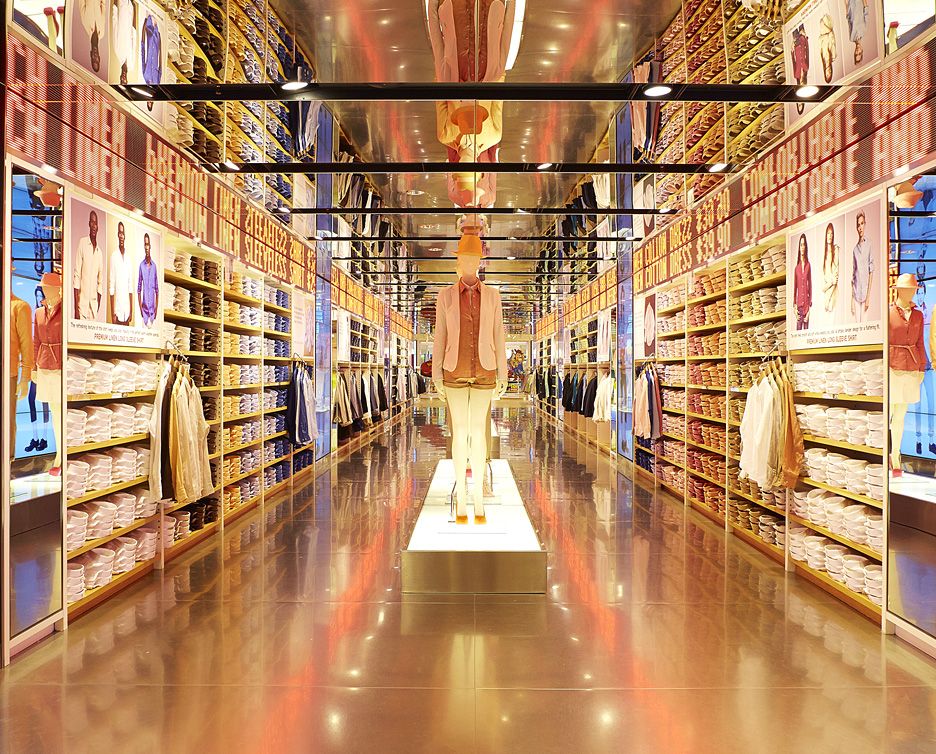The warehouse in the Ariake district in Tokyo belonging to Japanese retailer Uniqlo recently got a remodeling – of staff, that is.
The company, in partnership with Daifuku, a provider of material handling systems, redesigned the warehouse to host an automated system, which has cut down the staff by 90% and is able to operate 24 hours a day. The system is up and running already and its job is to transfer products delivered to the warehouse, read the electronic tags and confirm the stock number and other information pertaining to the products.
The system also wraps the products in cardboard, attaches labels to them and places them on a conveyor belt.
The company has revealed that the Tokyo warehouse is only the first step in a much larger plan for the Uniqlo parent company, Fast Retailing. The goal of their partnership with Daifuku is ultimately to introduce the system in all of the company’s warehouses, all across the world, in the next few years.
Automating just one warehouse costs the company around ¥1 billion to ¥10 billion ($9 million to $90 million) but the system would ensure not only more timely product delivery but would also minimize storage costs.
After the announcement, Fast Retailing saw a surge in its shares of 1% higher.
But, stocks and shares aside, the company also used to employ a few hundred people in its Tokyo warehouse.
In July, a risk consultancy group called Verisk Maplecroft claimed that the rise of manufacturing robots in south-east Asia alone will most likely have no benefits, save for fueling modern slavery – the workers lose their livelihood and are faced with an ever shrinking pool of low-paid jobs.
What do you think: Is the rise of manufacturing robots the way ahead or will it prove to be a step backwards?
Related: ✍️Watch These Chinese Workers Sort 200,000 Packages In 24 Hours✍️
Follow TechTheLead on Google News to get the news first.

























